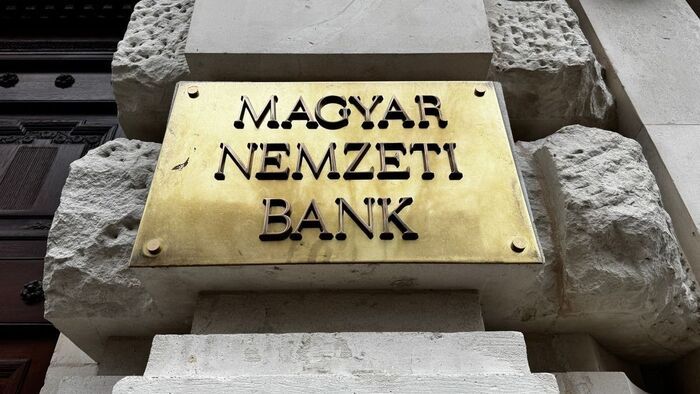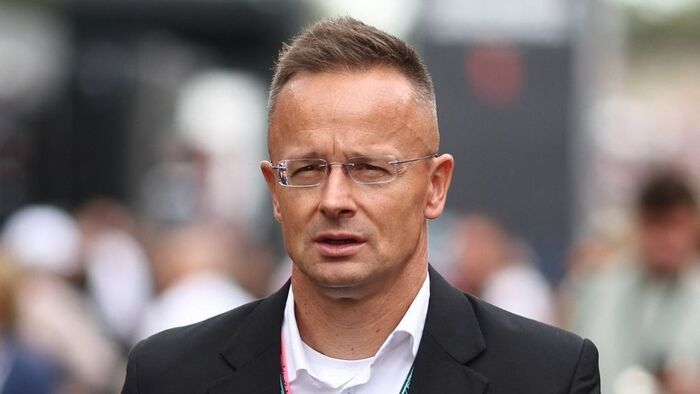"The new measures planned in the EU would give the budget department of the European Commission disproportionate power over the distribution of funds, which could have a negative impact on regions, agriculture, legislators and budgetary controllers," constitutional lawyer Zoltan Lomniczi Jr told Magyar Nemzet in connection with an article published by the Politico on the possibility of a massive centralization in the European Union. According to this plan, between 2028 and 2034, the Commission would take over the entire budget, and the distribution of funds would be tied to the completion of the economic and political reforms set by Brussels. The draft may affect 1,200 billion euros.
More money for defense, less for agriculture
The centralization would also jeopardize the future of the European project because it would exclude regions and cities: the current 530 programs would be merged into a single national fund, Zoltan Lomniczi Jr pointed out. The leaked document suggests that investment would be diverted from traditional areas, such as agriculture, to other sectors, such as defense. Today, the common agricultural policy accounts for roughly a third of the EU budget.
The Commission's attempt to concentrate power is contrary to several provisions of the Treaty on the European Union, including the fundamental principle that the union is based on the values of respect for freedom and equality, the constitutional lawyer highlighted.
Increasing defense spending by cutting agricultural subsidies would run counter to the EU's objective of promoting peace, its values and the well-being of its peoples.
It is questionable whether the drafters of the document kept in mind that the Commission is supposed to be fully independent in the performance of its tasks.
Under the EU regulations, the Commission implements the budget in cooperation with the member states, on its own responsibility and within the allocations, respecting the principles of efficient and effective financial management. This means that the Commission cannot tie the management of funds to conditions independently and unilaterally, Zoltan Lomniczi Jr explained.























Szóljon hozzá!
Jelenleg csak a hozzászólások egy kis részét látja. Hozzászóláshoz és a további kommentek megtekintéséhez lépjen be, vagy regisztráljon!